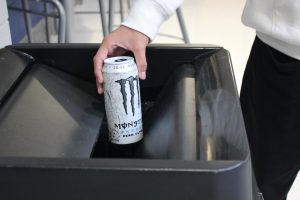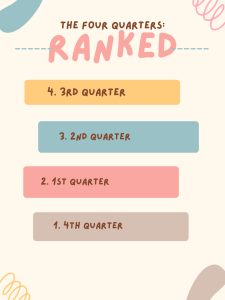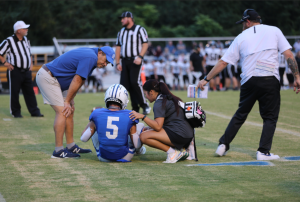Skills USA Plants on Martian Soil
January 30, 2023
This year Plant Mars contacted the Skills USA club about participating in a new competition. The Skills USA teacher sponsor, Tate Jarvis, received the email about the competition.
“I was interested initially in having my students do electronic instruments of temperature measurement and LED lighting. All of the technical aspects of it,” said Jarvis. “So, I asked our Skills USA Executive Council if they were interested in pursuing it, and it lasted a full semester.”
RCHS received a package of soil that was synthesized to simulate the makeup of martian soil. The Skills USA club worked to discover the best way to grow different plants in the martian soil.
“What we were interested in doing was trying to see if we could bring our electronic skills to bear through instrumentation and measurements,” said Jarvis. “It was a daily interaction with this thing. If nothing else, they had to make some pH measurements and really just water the plants. And that was one of the things we wanted to automate with our electronics.”
In the second semester, Jarvis hopes to not only grow plants in new soil, but also use technology to aid in the process. The Skills USA club plans to expand on the knowledge gained when they conduct the next experiment of Plant Mars.
Junior Vice President of Skills USA, Chase Lowney, spoke about the success and failures of their experiment.
“We had nine trials of the experiment,” said Lowney. “We attempted to grow kale as it is nutritious, grows quickly, and can (supposedly) be grown in a wide pH range.”
Unfortunately, shortly after the plants started to grow, they died.
“I suspect that this is either due to inconsistent watering of the plants (we were unable to water them on the weekends) or improper calculation and/or distribution of the correct quantity of pH buffer,” said Lowney.
The Skills USA club plans to carry out the experiment again in the second semester of the school year.
“Our organization will continue to explore fun projects like this and having learned all that we did, we may even attempt the Plant Mars Challenge again,” said Lowney.
They aim to continue using technology to regulate conditions while discovering more about growing plants on Mars-like soil.








